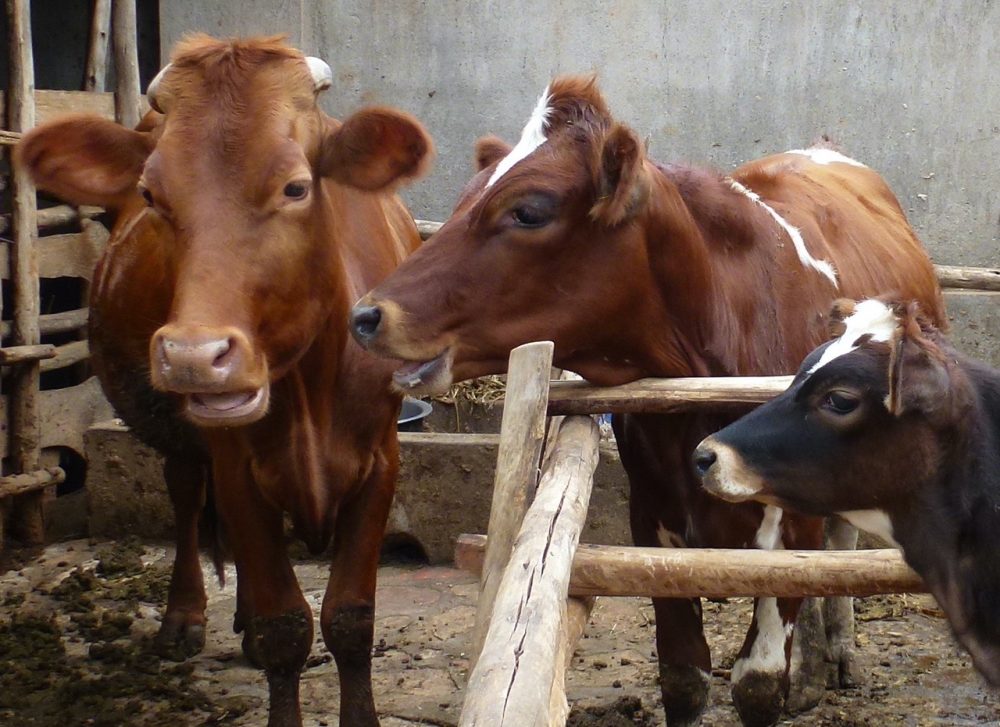
Photo: Mark Eisler
Livestock keeping is an essential livelihood strategy in low-middle income African countries, contributing to food security, human health, educational needs, social stability and life expectancy, and hence to the sustainable development goals, especially for poor and marginalised communities. The small-scale dairy sector represents an important value chain providing a regular and reliable source of income for African rural and peri-urban farmers and a valuable source of nutrition for rapidly increasing populations, especially women and children. Although dairy cattle do have a significant carbon footprint due to methane emissions, as ruminants they are able to convert non-human-edible pastures, crop residues and food industry by-products into valuable and highly nutritious human food. However, more than one-third of the world’s potentially human-edible cereal grains are fed to livestock including dairy cattle, thereby negating this unique benefit. To feed animals less human food was the first of eight strategies identified in a 2014 Nature position paper ‘Steps to Sustainable Livestock’ to cut the environmental and economic costs of keeping ruminant animals while boosting the quantity and quality of the food they produce.
Previous support from WUN and other funders has enabled the vision, implementation, and development of a Global Farm Platform, comprising a global network of research farms working to improve sustainability of ruminant production. This project exploits these networks to drill down into options for replacing potentially human-edible food with more sustainable sources of ruminant livestock feed in Ghana, Uganda, and Malawi.
The first of two workshops, at Makerere University, will review and share information on potentially human-edible food used for livestock in each African partner country, and develop a comprehensive roadmap for filling any knowledge gaps. Early career researchers from Ghana, Malawi and Uganda will subsequently conduct key informant interviews and focus groups with representative smallholder farmers, smallholder farmer cooperatives, livestock feed compounders and other key supply chain actors to catalogue (i) currently used potentially human-edible ingredients in smallholder livestock diets, particularly milk-producing ruminants, (ii) possible replacement livestock feed ingredients that are currently available, including supplements necessary to address specific deficiencies and (iii) animal genetic and health constraints that may interact with feed choices.
By the end of a 12-month period of WUN support, we expect to have (i) identified the main potentially human-edible foods in smallholder livestock diets in the three participating African countries and alternative feed sources that might be substituted for them, (ii) drafted a publication to an appropriate open-access peer-reviewed academic journal and (iii) identified possible follow-up funding sources and drafted an outline funding proposal. Thereafter we plan to publish a policy brief to be disseminated over the subsequent six months to facilitate engagement with public and private sector actors, policy makers and funding agencies.
View the recording of the group’s “Partnership symposium on Science, Technology and Innovations (STI) for global sustainability” here.